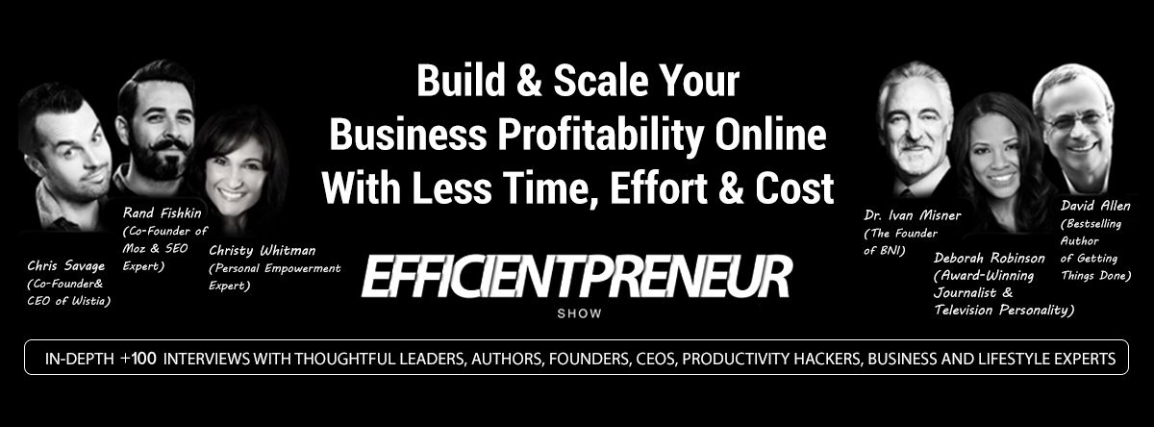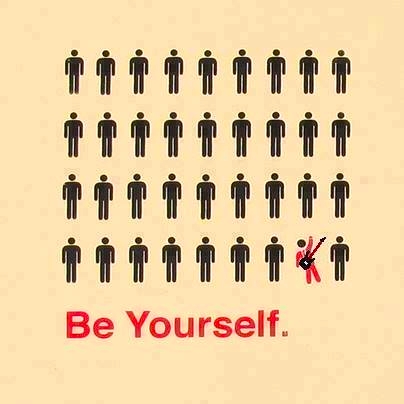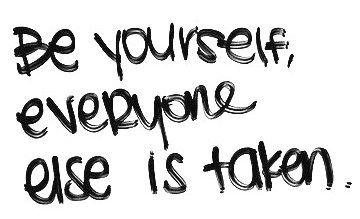Most of the time, the crowd is wrong. Don’t get me wrong. I’m not saying that everything popular is always wrong. I’m not saying that you should not do something or follow advice just because it’s a practice used by many people. I’m not saying that if a product is used by many people that its popularity means that it’s not a good product.
Here’s one example of the wrong crowd theory: Of the world’s workforce, more than 90 percent of these people are unwealthy employees; most of those people think that by following this path of work that they will become wealthy or will be able to live the way they want by having financial freedom. Less than 10 percent of the world’s workforce is considered wealthy.
These wealthy workers still don’t have the freedom to spend their time the way they want, because their minds are structured to work in the same way as all employees work but on a higher level or scale or position. That’s why you see many executives or CEOs of big companies enjoying big fat salaries but less freedom than lesser paid employees, because they are busting their asses to keep the chair that they are sitting on. The more you climb the corporate ladder, the more difficult it will become for you to live up to the responsibilities of the job that you have, so you become more aggressive in protecting the chair that you are sitting on. This is especially true when you have a family, a higher standard of lifestyle that you don’t want to lose, a big entitlement as an executive, and a title and position that you want to keep.
So are those people in the right crowd based on the outcome that they have planned? The answer is “no,” and the numbers and statistics are proving that. They are the crowd, they are the majority. It’s like the 80/20 rule, which when it’s applied to money, means that 20 percent of people have 80 percent of the money, and 80 percent of people have 20 percent of the money. Another meaning of the 80/20 rule is that 80 percent of your outcomes come from 20 percent of your inputs.
According to Wikipedia: “The principle was suggested by management thinker Joseph M. Juran. It was named after the Italian economist Vilfredo Pareto, who observed that 80% of income in Italy was received by 20% of the Italian population. The assumption is that most of the results in any situation are determined by a small number of causes.”
We are always affected by the environment around us. Our parents wants us to be like their generation. They want us to be doctors or engineers, as that is what they think is the best path for us to take, despite our feelings, passion, and things that we want to do. So many people in the younger generations are choosing certain careers because their parents advised them one day to study hard, get good grades to go to the university in order to get a high-paying job later. This trend is forming our economy’s structure.
Regardless of how close you are to reaching your goals, if you are persistent but don’t have a plan, you will reach nowhere. It’s like if you’re going to visit a place in another country. No matter how hard you work on getting to that place, if you don’t have a map to guide you to place you want to reach, you will never get there.
You need to find your own path and focus on it, focus on what you do best, which is the 20 percent, not the 80 percent. Let the crowd follow you instead of you following the crowd. Usually, leaders go somewhere that nobody has been before. So let the people follow you. If you want to be a leader, then start leading now; block the voice inside you that’s saying “me me me first.” Put the people that you are leading first and start leading them by example.
In the movie of your life, you need to be the director. You need to be yourself. You need to distinguish yourself from others and have your own character, so people will recognize you. Most of the names are similar, but people are different, so you need to be different. Think this way: Be unique, be innovative, be yourself, and focus on what you do best.
You always need to be in control of your life. You need to keep the joystick of your life game in your hand, especially if you want to be an entrepreneur. Entrepreneurs always take risks, because they want to be in control. They want to be in control of their lives, their paths, and their freedom. Employees will never be in control of their lives. They can be fired anytime and lose everything, because their lives are revolving around only one stream of income, which is their salary.
So stop following the crowd. Be unique, be innovative, be yourself, and focus on what you do best; become a leader, and let the crowed follow you.


